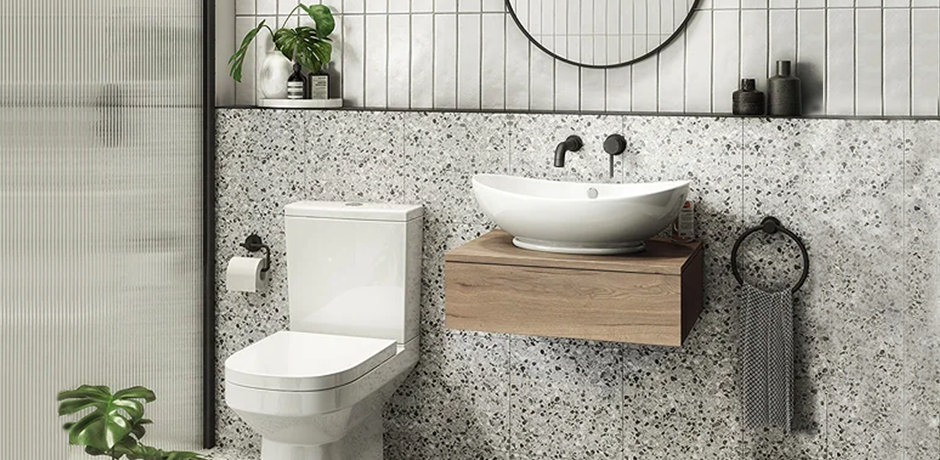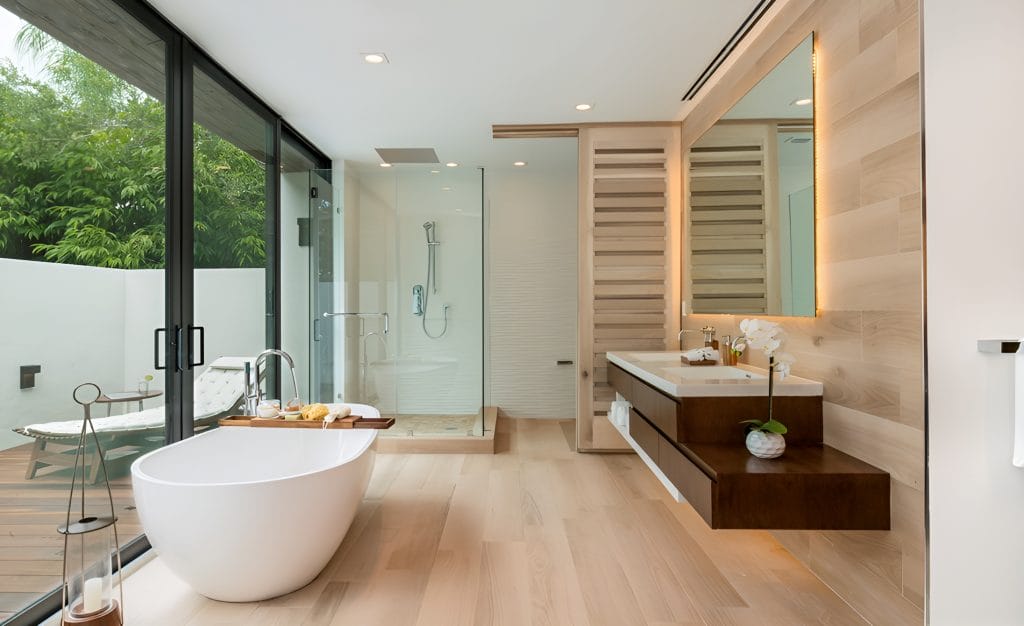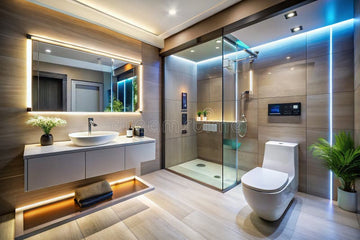In today's fast-paced technological landscape, the discussion surrounding smart homes versus smart bathrooms is becoming increasingly relevant. As homeowners look to integrate advanced technology into their everyday lives, it's vital to comprehend the unique advantages and features of both options. This article aims to explore the intricacies of these two technological innovations, helping you determine which aligns best with your lifestyle.

Diving Into the Smart Home
A smart home is defined as a dwelling outfitted with devices that automate daily tasks typically performed by humans. These devices are interconnected via the internet, enabling users to manage various functions like security, temperature, and lighting remotely. The appeal of a smart home is its ability to provide convenience, enhance energy efficiency, and improve security.
Key features of smart homes include voice-activated assistants (such as Amazon Alexa or Google Home), intelligent thermostats, and automated lighting systems. Not only do these elements enhance comfort, but they also result in considerable savings on utility bills. The eco-friendly smart bathroom design examined by MyBuilder illustrates the importance of integrating technology for better resource management.
Unpacking the Smart Bathroom
Conversely, a smart bathroom focuses on elevating the user's experience with innovative technologies. From intelligent toilets with custom settings to mirrors that provide real-time updates on weather and news, smart bathrooms prioritize both luxury and convenience.
One of the standout advantages of a smart bathroom is its capacity for water conservation. Devices like smart showers and faucets can minimize water wastage by automatically regulating flow rates and temperatures. Moreover, choosing bathroom fixtures designed for water conservation is gaining traction among eco-conscious consumers.
Financial Considerations: Smart Home vs Smart Bathroom
Both smart homes and smart bathrooms can involve significant upfront costs. However, their returns on investment can vary. A smart home may deliver broader financial advantages through energy efficiency and an increase in property value. Meanwhile, smart bathrooms offer personalized benefits, emphasizing luxury and comfort.
For example, installing a smart thermostat or an automated lighting system can lead to noticeable savings on energy costs. In contrast, features in smart bathrooms, like self-cleaning toilets or voice-activated showers, might not directly cut expenses but can greatly improve your quality of life. Additionally, calculating toilet savings can enhance understanding of long-term benefits.
The Evolution of Home Technology
As technology progresses, the functionalities of both smart homes and smart bathrooms are set to grow. The merging of artificial intelligence and machine learning will likely lead to more personalized home environments. Companies are already developing systems that can anticipate your preferences, making your living space as comfortable and efficient as possible.
If you're keen on the latest innovations in bathroom technology, check out the Evolve Artisanal website, which features cutting-edge bathroom designs that embrace next-generation tech.
Conclusion: Choosing Wisely
In the end, deciding between a smart home and a smart bathroom boils down to individual priorities and lifestyle needs. If energy savings and holistic home functionality are your goals, then a smart home might be the ideal choice for you. On the other hand, if you're leaning towards luxury and personal comfort, a smart bathroom could be a more enticing option.
For further insights into contemporary bathroom advancements, smart toilets for sustainable living offer valuable information on how modern technology is reshaping the bathroom experience.

FAQs
What distinguishes a smart home from a smart bathroom?
A smart home integrates technology throughout the entire residence to improve convenience, security, and energy efficiency. Conversely, a smart bathroom centers on enhancing the bathroom experience with luxury-focused technology.
Do smart bathrooms save money?
While smart bathrooms may not lead to direct financial savings, features that promote water conservation and user-friendly experiences contribute to overall sustainability and comfort.
Which option is better for energy savings: smart homes or smart bathrooms?
Smart homes are generally more effective for energy savings due to their extensive approach to automating and controlling various functions like heating and lighting.






